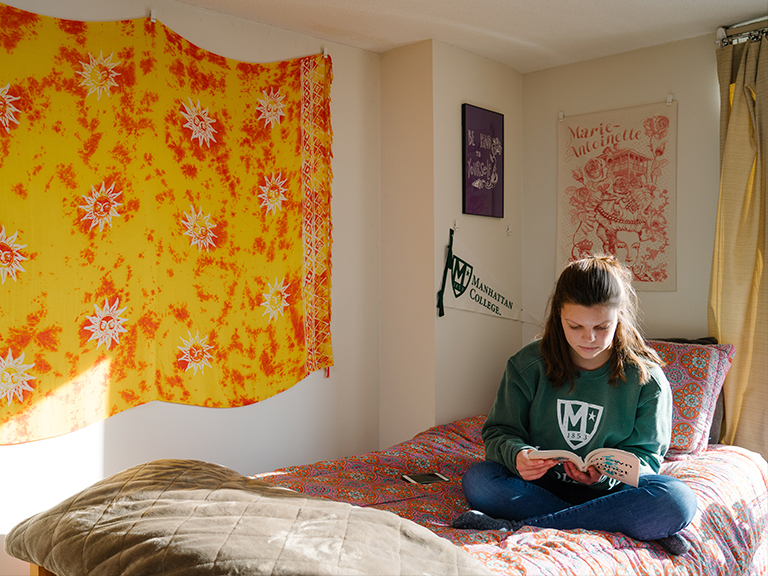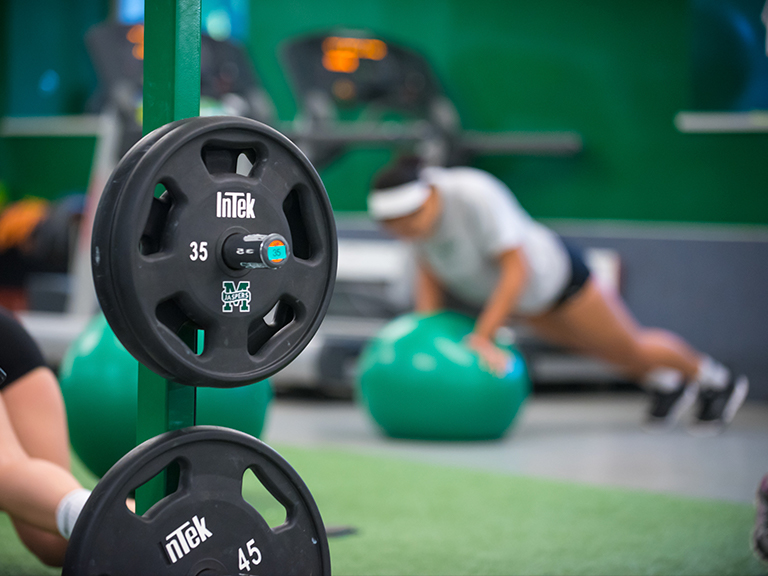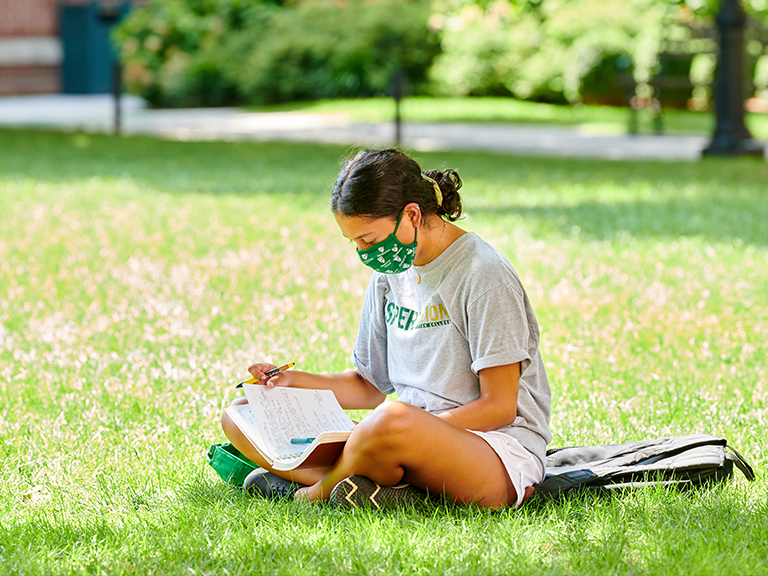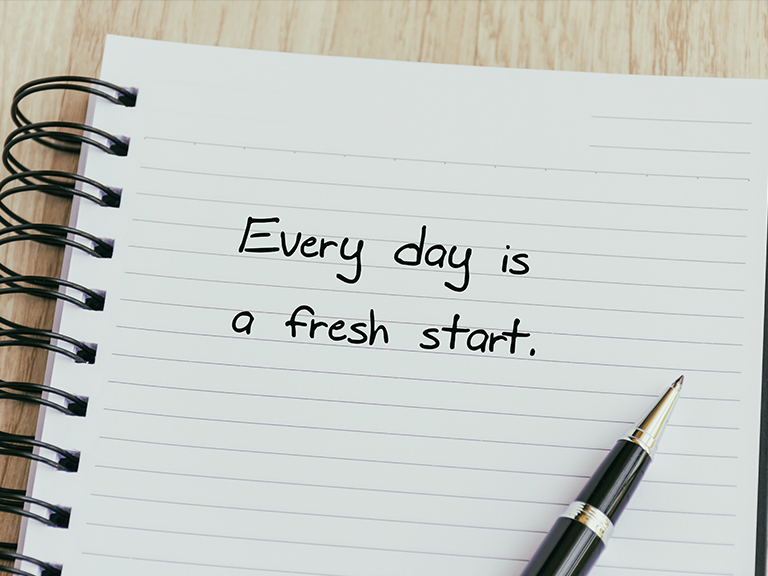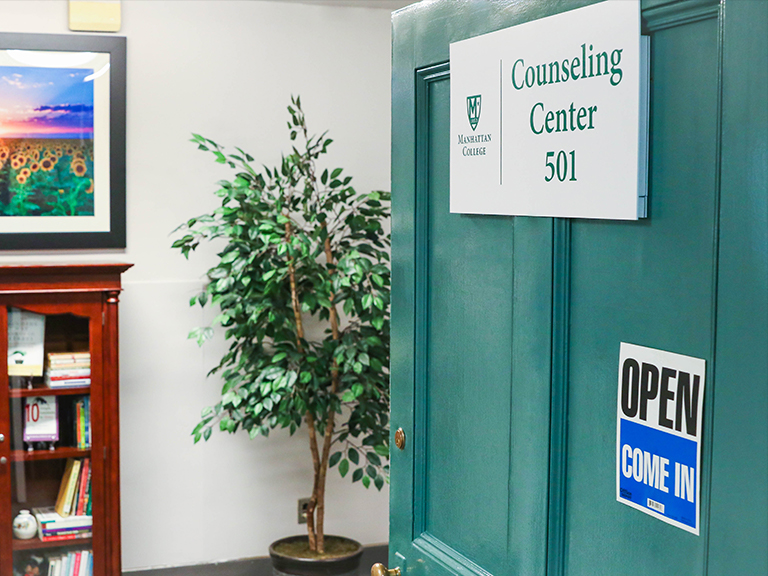8 Tips and Resources for Mental Health
Remote and on-campus options for student support, including helpful advice for mental health from Manhattan’s counseling and therapy expert.
-
1. Monitor how you’re feeling
-
2. Accepting where YOU are
-
3. Prioritize daily living and hygiene
-
4. Establish a routine
-
5. Connect with others
-
6. Take a social media break
-
7. Don’t be too hard on yourself
-
8. Seek support if needed

